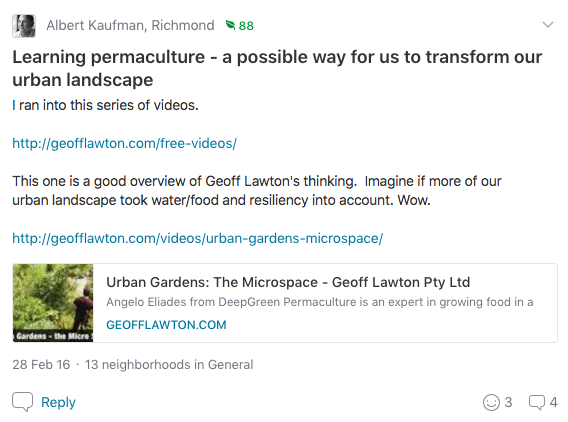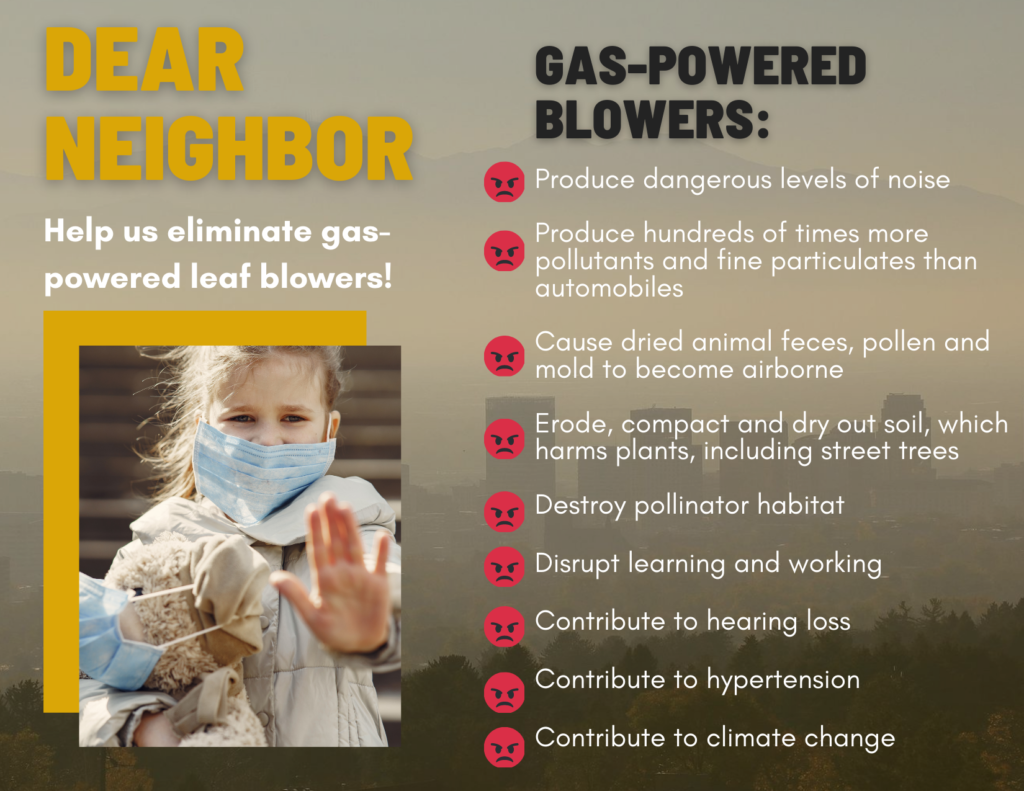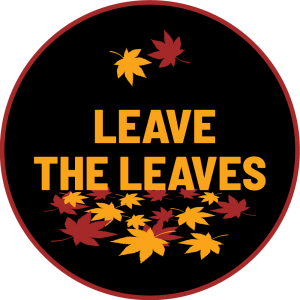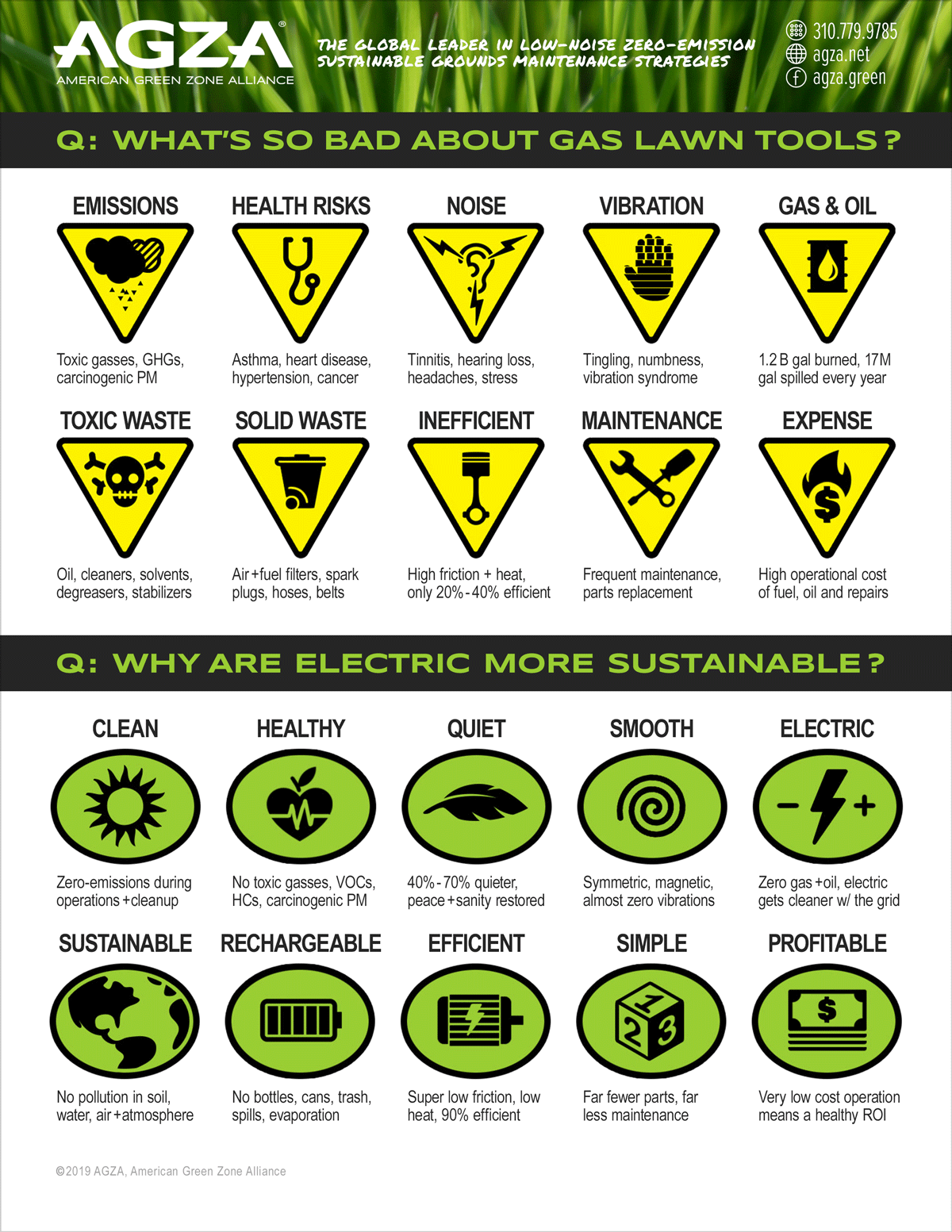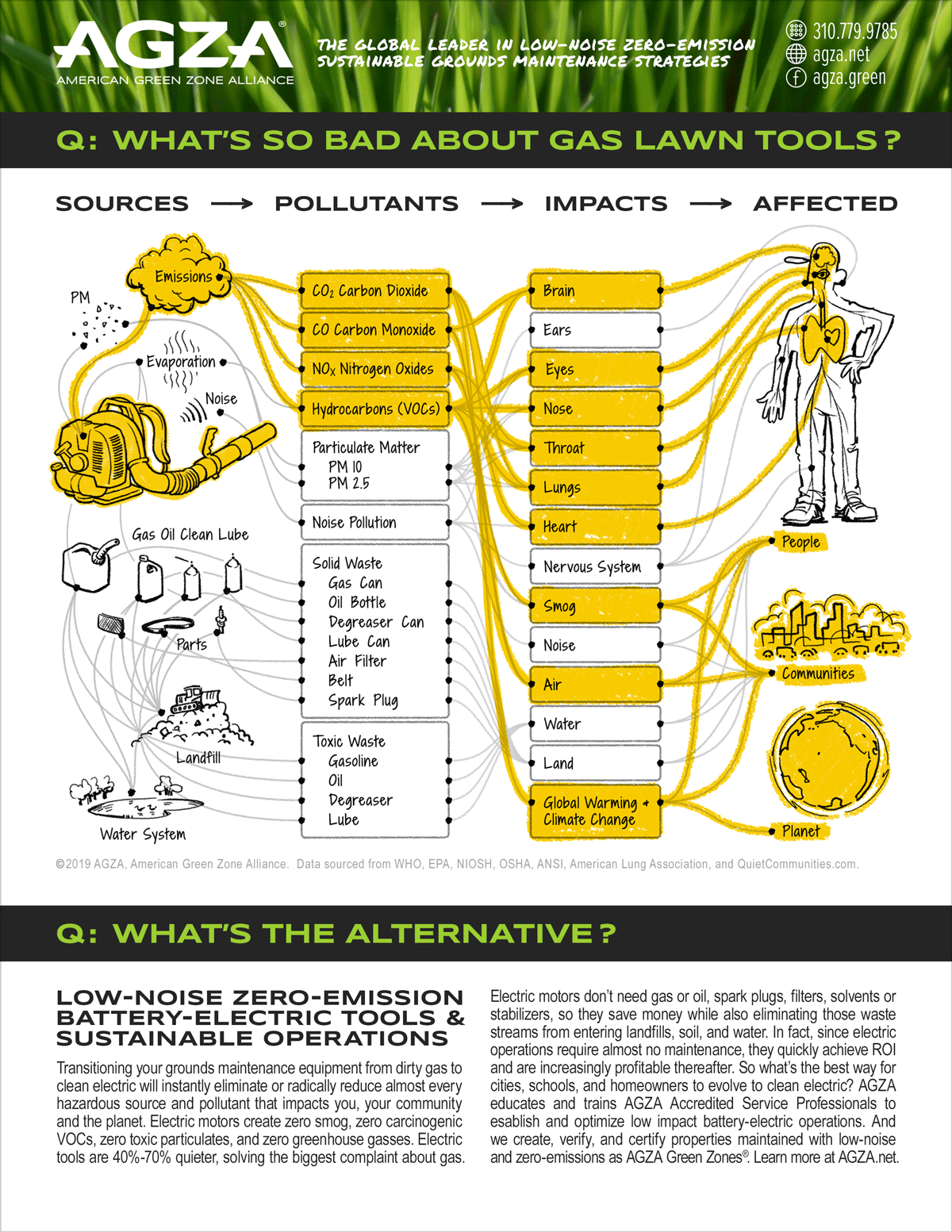 Small Achievable Things
Small Achievable Things
This post ➡️ was my first post on Nextdoor.com – a social media site like Facebook organized by neighborhood. I believe Nextdoor.com is the best tool for local organizing that’s ever existed. I use it to make my neighborhood a better place. Here’s the first article I wrote about Nextdoor.com. Now, onto the small achievable things – you can probably take some action yourself to implement these right now. Hit me up if you need encouragement or have ideas on how to move these forward quicker – albert@albertkaufman.com
- Phasing out Gas-powered leaf blowers. Here’s our website for this effort Quietcleanpdx.org. Here’s a collection of approaches that have worked well in Portland, Oregon.

- I turned this one into a blog post on key fob/noise reduction – here.
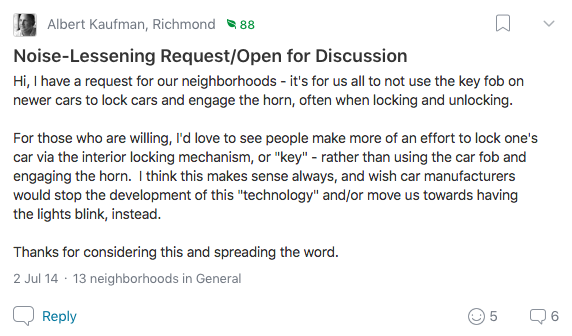 This method sounds like it works on a lot of cars. https://youtu.be/W5Gd72boYNU
4.27.22 – OMG – Best resource ever! http://www.silencethehorns.org/locking.html
This method sounds like it works on a lot of cars. https://youtu.be/W5Gd72boYNU
4.27.22 – OMG – Best resource ever! http://www.silencethehorns.org/locking.html -
Traffic Calming on Hawthorne and Division – Still working on this 🙂 – but we got to 20mph on residential streets and 25 on some arterials!

-
Do you have fruit/nut trees that you’d like to share the bounty from? – 3.28.22 – See the latest developments. https://portlandfruit.org/
-
A Request: Please Drive Slower and More Carefully. This one is an ongoing issue. Luckily, we’re at 20mph on residential streets in Portland, now. I think 15 mph would make more sense (4.14.2020).

- Neighborhood places: Marino Adriatic Cafe on 41st and Division.

-
Stop Receiving Yellow Pages @ https://www.yellowpagesoptout.com – Sadly, I can’t believe in October of 2018 yellow pages are still a thing, but they are. This is a good thread if you live in my neighborhood of Richmond, Portland, Oregon, USA. It talks about how to get off of various lists – Red Plum; Oregonian Food Day, etc. There is also a FB group for this purpose.

- Be Idle Free: https://albertideation.com/be-idle-free
 Here’s more proof from the Washington Post – There is no need to idle in cold weather.
Here’s more proof from the Washington Post – There is no need to idle in cold weather. -
LED street Light improvements. Here’s how to get a shield on your nearby LED street light. Mention “light trespass” which is what is likely happening – light coming from the LED into your house/porch/eyes. https://www.portlandoregon.gov/Transportation/article/672942 –
Here’s a source for outdoor friendly lighting: https://darksky.org/fsa/fsa-products/
If you’d like to participate in an effort to change these lights with me, please sign up, here. - Where does the dirt go? Dumptrucks on Division – Here’s a dirty idea:
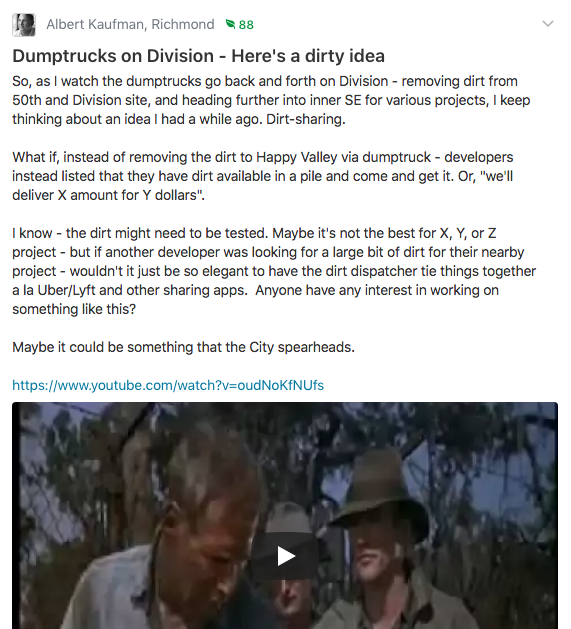
- Sign up for my newsletter, The Eleven. It comes out on the 11th of the month and is full of great actionable ideas. Thanks for the idea, Noam!
-
Get Rid of Your Lawn – I’ve been posting about this one a lot, of course, given my love of Farm My Yard 🙂
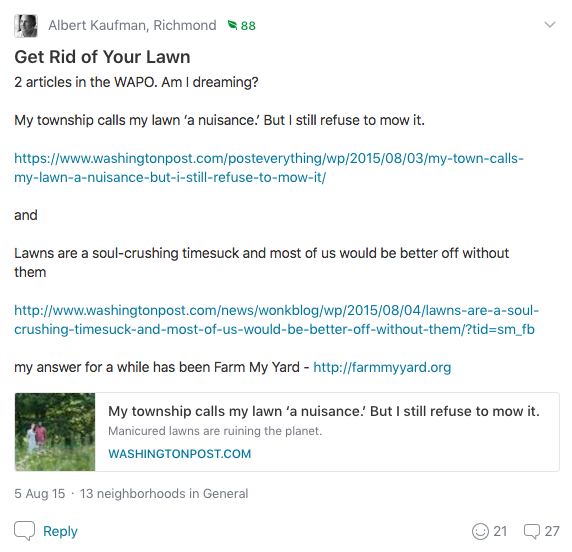
- Sign up for my monthly newsletter, The Eleven.
-
Here’s what we can do to keep large trees standing in our neighborhoods – Reform Portland’s Tree Code To Preserve Large Healthy Trees
https://audubonportland.org/news/reform-portland2019s-tree-code-to-preserve-large-healthy-trees Reform Portland’s Tree Code To Preserve Large Healthy Trees Now is the time to reform City rules to preserve more large healthy trees in every neighborhood! Thanks to the direct action of neighbors and financial donations from the community, the 150-year-old giant sequoias in SE Portland’s Eastmoreland neighborhood were saved from the developer’s chain saws. However, the rules that permitted their removal and the cutting of large healthy trees in neighborhoods across Portland are still in place. From Powellhurst-Gilbert to St. Johns, from SW Hills to Richmond, Cully, and beyond, Portland’s neighborhoods are experiencing extensive tree cutting driven by a highly lucrative real estate development market. (article cont’d here).
This led to starting a Facebook group to organize on this topic. Join us, here. And our newsletter, here.
-
Learning permaculture – a possible way for us to transform our urban landscape:
-
TURN OFF YOUR CAR HORN – LESS BEEPING = LESS NOISE – This led to the post below (and one other) and a new post on my website: Feel free to share widely! https://albertideation.com/turn-off-car-horn-less-beeping-less-noise
-
Solutions to Barking Dogs & Other Noise Nuisances – Answer 🙂

-
How to Throw a Great Voting Party in a vote by mail state:

- A neat article on Communities vs. Networks – to which do you belong?
- Want to try out a new game; meet some neighbors; move your body?

-
Building Neighborhood Resiliency (from 12/2016): As the snow is here – in Australia it looks warm and sunny 🙂 I just got this newsletter from an Australian group called Good Hoods. Here’s what they write: Dear Albert, During the recent Discovery Tour around Australia we met some great people and heard about amazing initiatives working to build community connection and resilience. We now have a network of passionate resilience experts, including yourself, and together we believe we can create a nation that is ready for anything. Following the tour, we have been thinking through how we can continue to help people connect and come together. We know that resilience is a process and something that grows over time. One of the first steps we all can take is to connect with others so we feel a sense of belonging. That’s why we are launching Good ‘Hoods – a new initiative to help create connections and a sense of pride in where you live. We want to connect people who want to work together to create more resilient communities, and share initiatives so the good continues to grow. We have shared some of the great initiatives from the tour that you may want to replicate in your community, see a sneak peek below: Do good in your hood: learn more about the initiatives that we discovered during our tour. If you have an initiative you would like to add let us know about it so we can continue to grow the list. Street BBQ: there’s nothing like a good BBQ to bring people together. We’re encouraging our people to say that first hello to their neighbors this summer, and we want to share the resources with you too. To help get you to get started we’re giving the first 200 to register their own street BBQ a $50 supermarket voucher. These first resources are based on what we heard would be helpful. We would love to hear your feedback and ideas on how we can continue to grow and improve Good ‘Hoods. If you have any feedback please get in contact with IAG’s Shared Value team on 1300 306 493 and info@goodhoods.com.au. Please join us and become part of the Good ‘Hoods community. http://www.goodhoods.com.au/ Sincerely, Jacki Johnson Group Executive People, Performance and Reputation Insurance Australia Group SNEAK PEEK One of the great initiatives we heard about. Learn about this and others on the Good ‘Hoods website. In 2010 and 2012, floods devastated Uranquinty. So a local group, Progress Association, worked with the NSW SES to devise a disaster response plan to minimize damage from future floods.
This led to a long list of items on building neighborhood resiliency.


